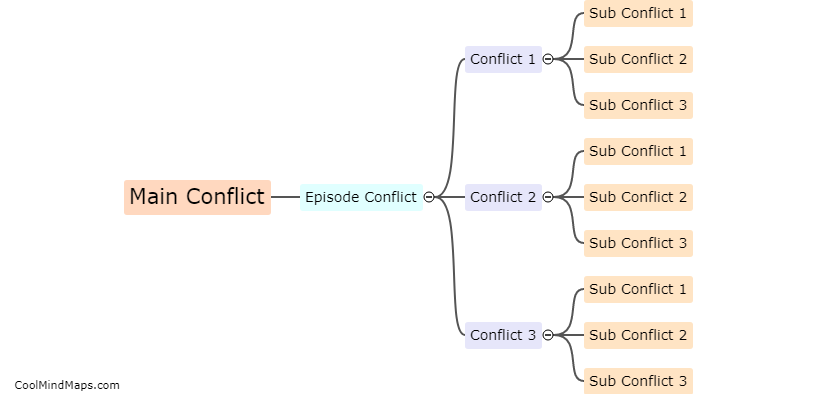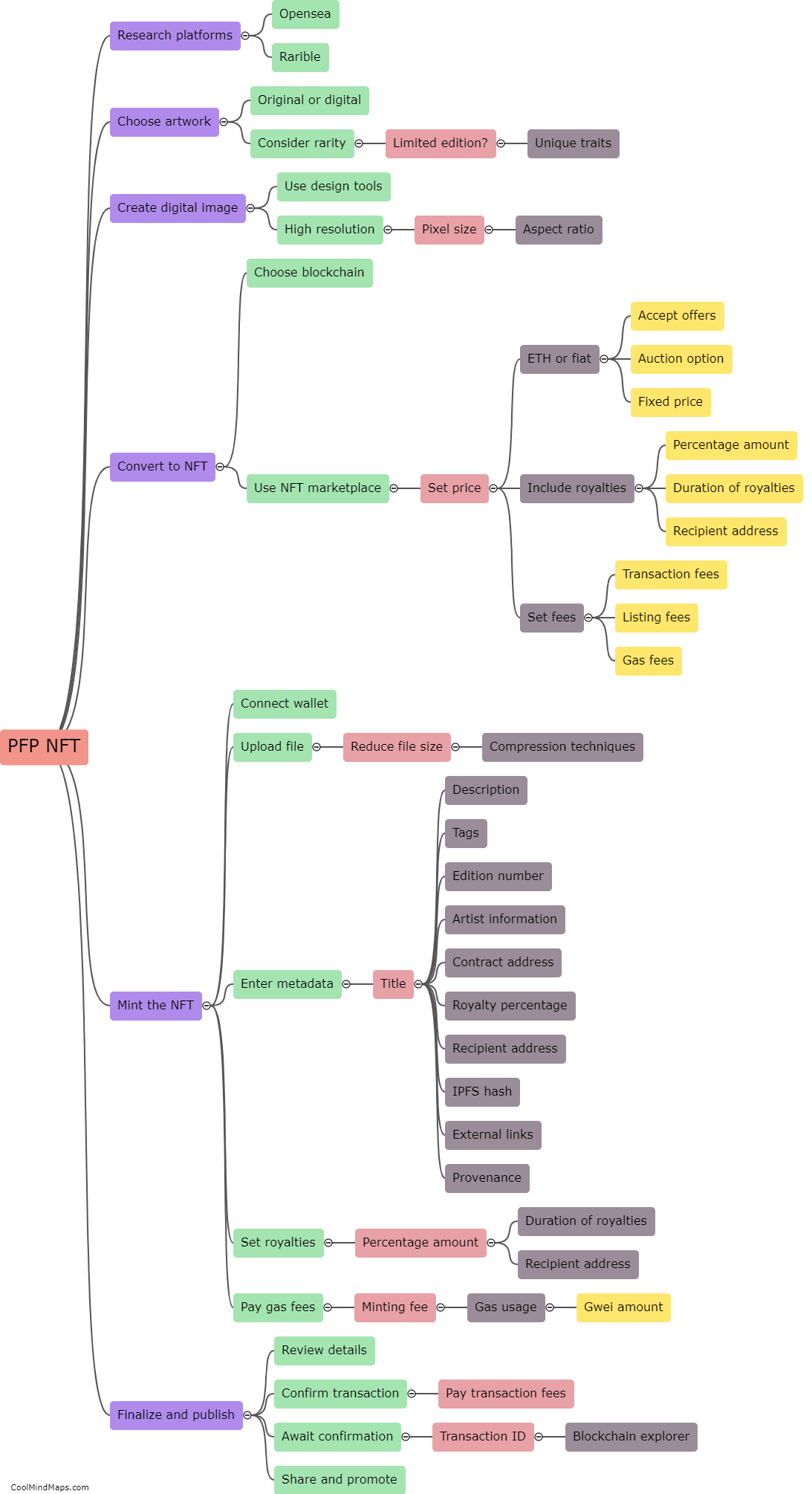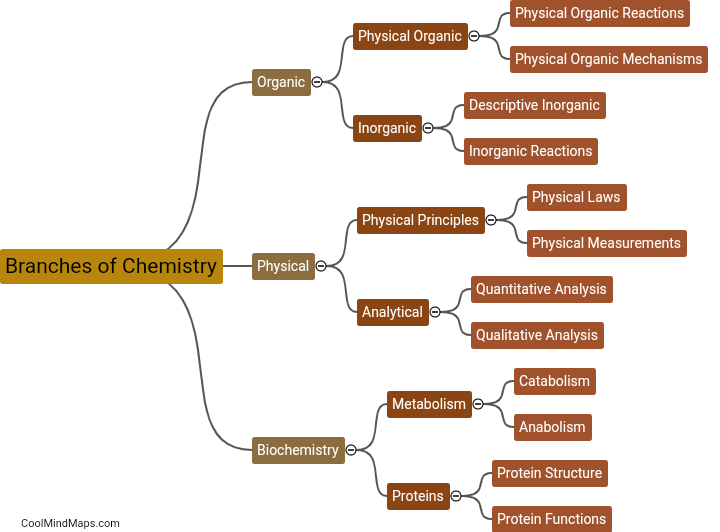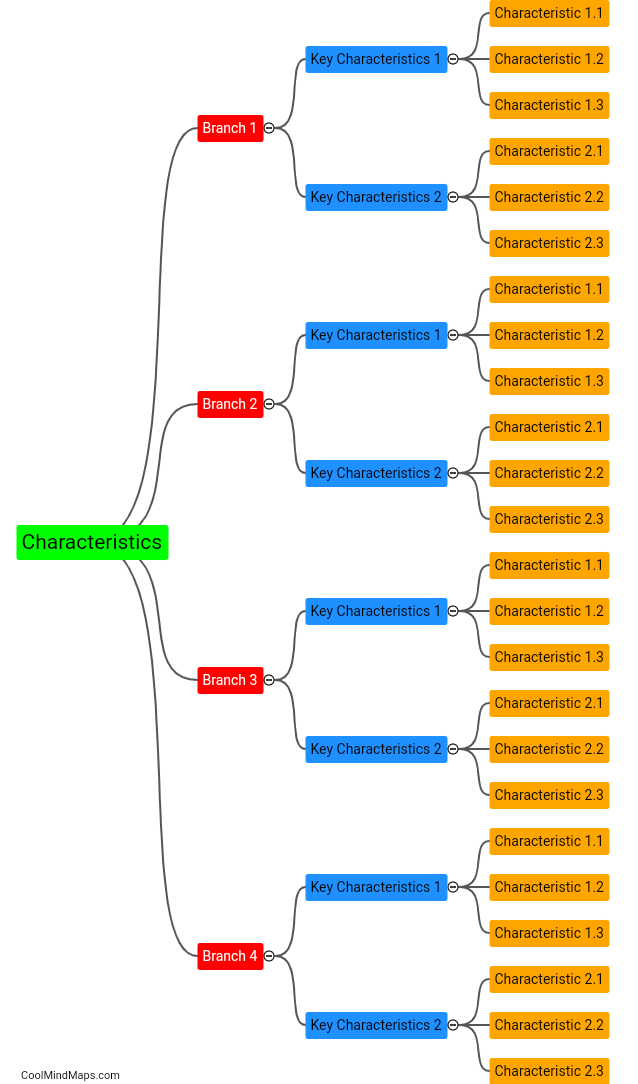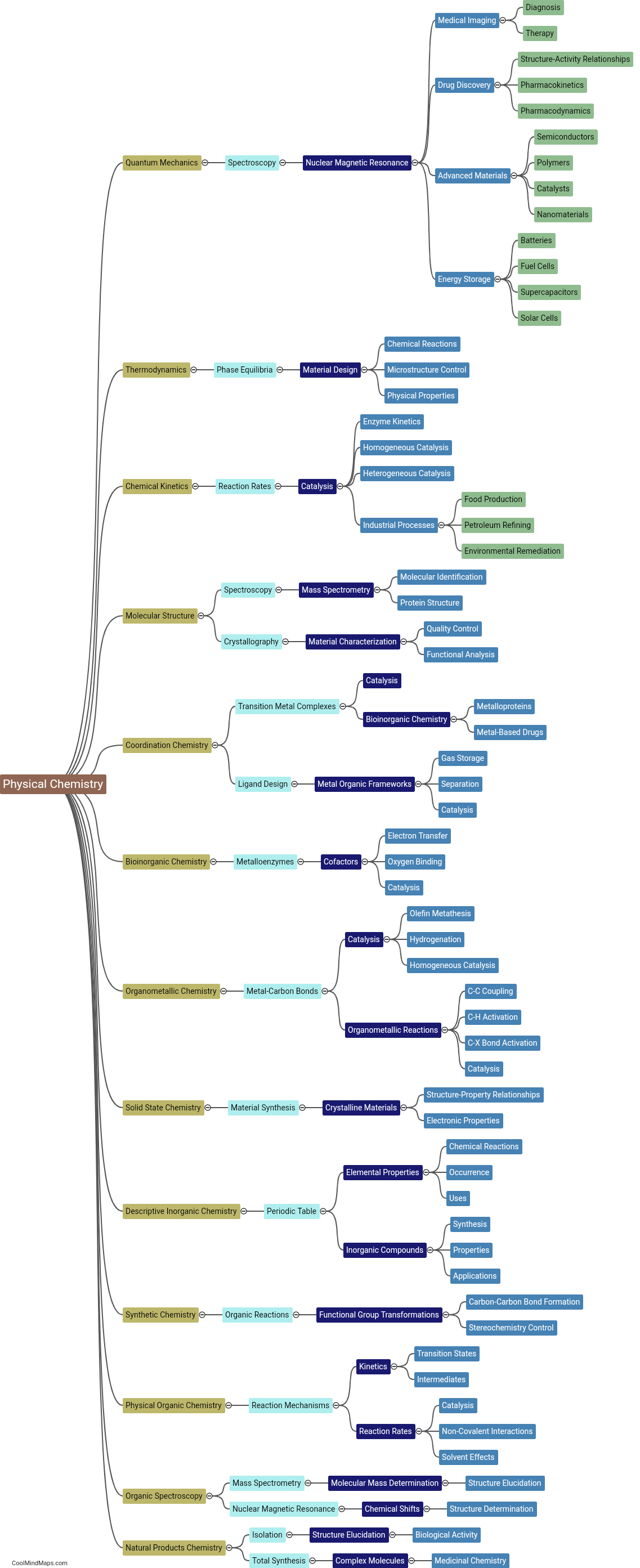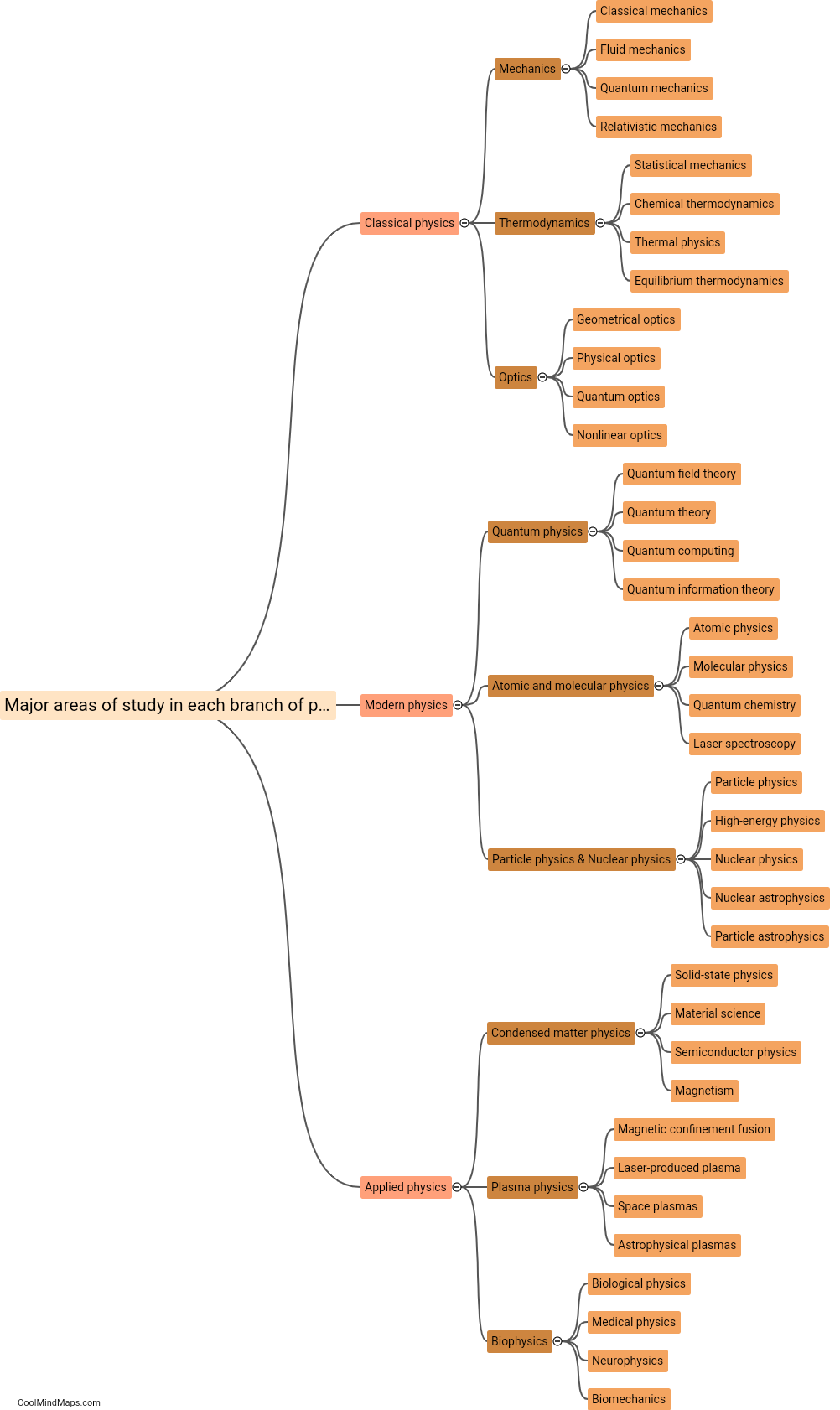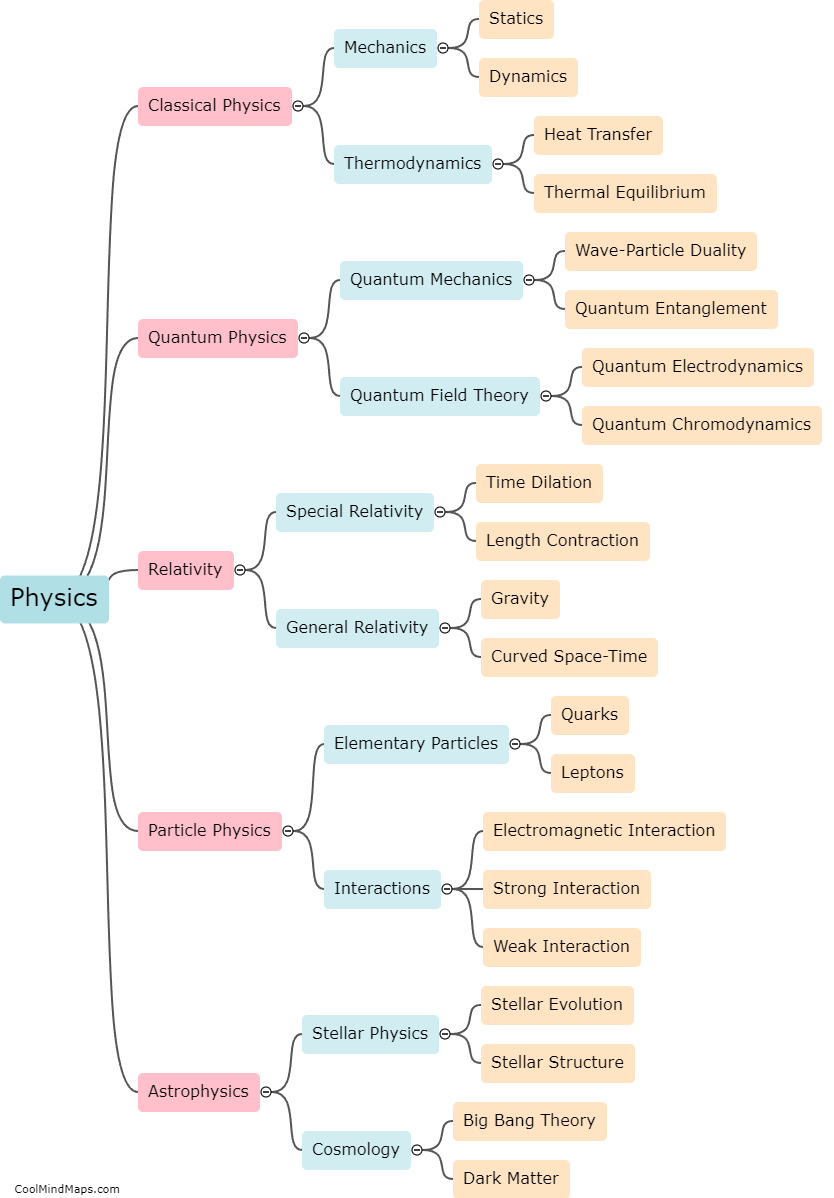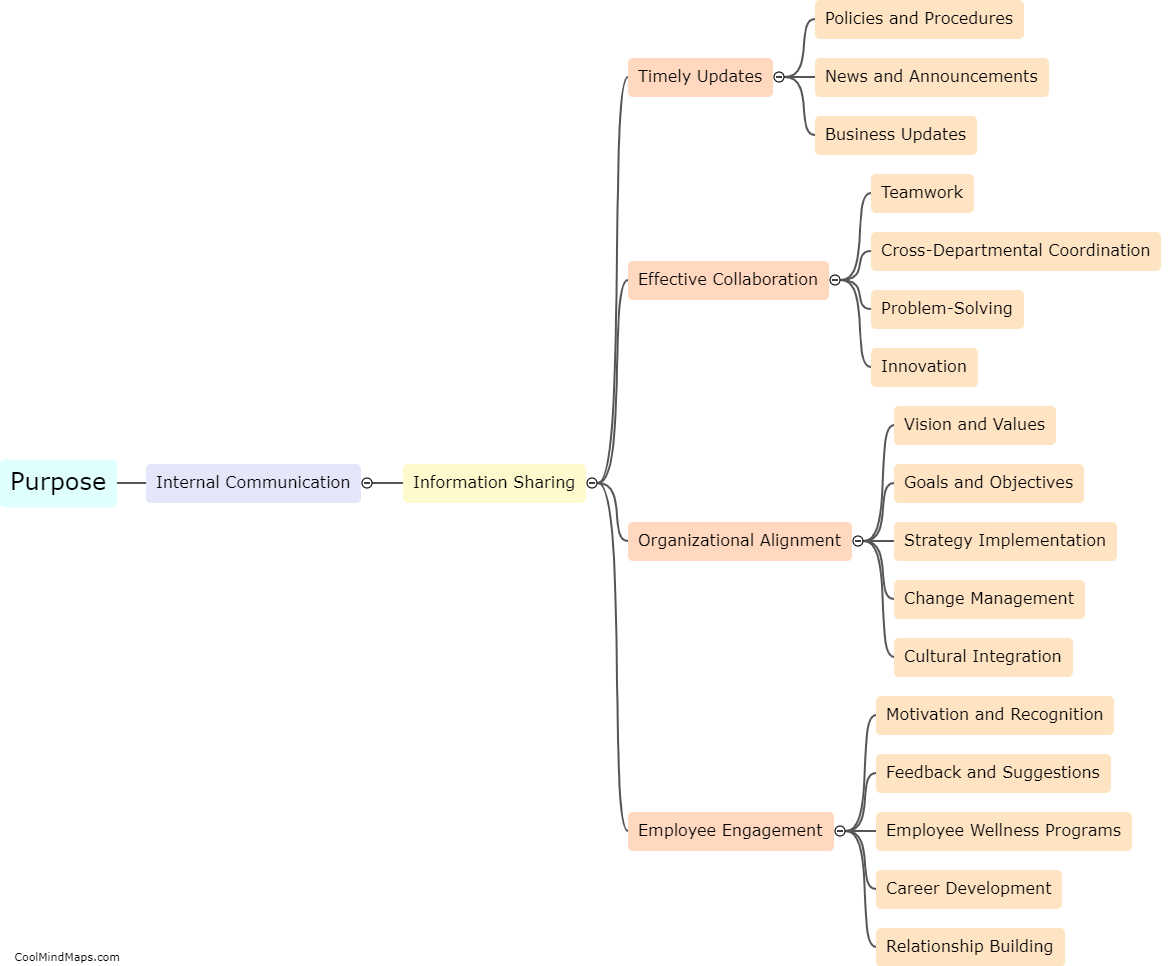How do the branches of physics differ from each other?
The various branches of physics differ in terms of the phenomena and systems they study, as well as the specific tools and methods they employ. Classical physics deals with macroscopic objects and everyday phenomena, focusing on concepts like mechanics, thermodynamics, and electromagnetism. In contrast, quantum physics investigates the behavior of subatomic particles and the principles that govern microscopic systems, including quantum mechanics and quantum field theory. Relativity theory, another branch, explores the fundamental principles of space, time, and gravity. Additionally, branches such as astrophysics, particle physics, and condensed matter physics delve deep into the study of specific domains like celestial bodies, fundamental particles, and the behavior of materials at very low temperatures. Overall, the branches of physics differ based on the scale, systems, and phenomena they study, and the theoretical frameworks they employ.
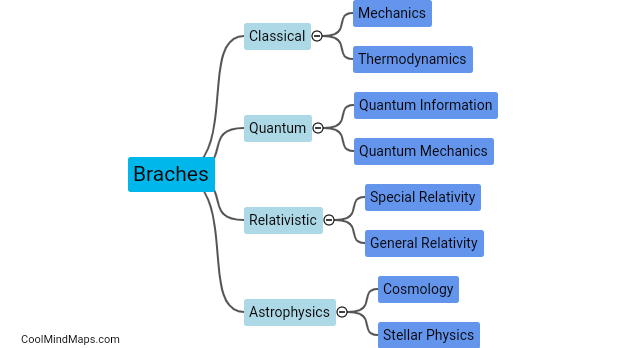
This mind map was published on 21 July 2023 and has been viewed 141 times.

